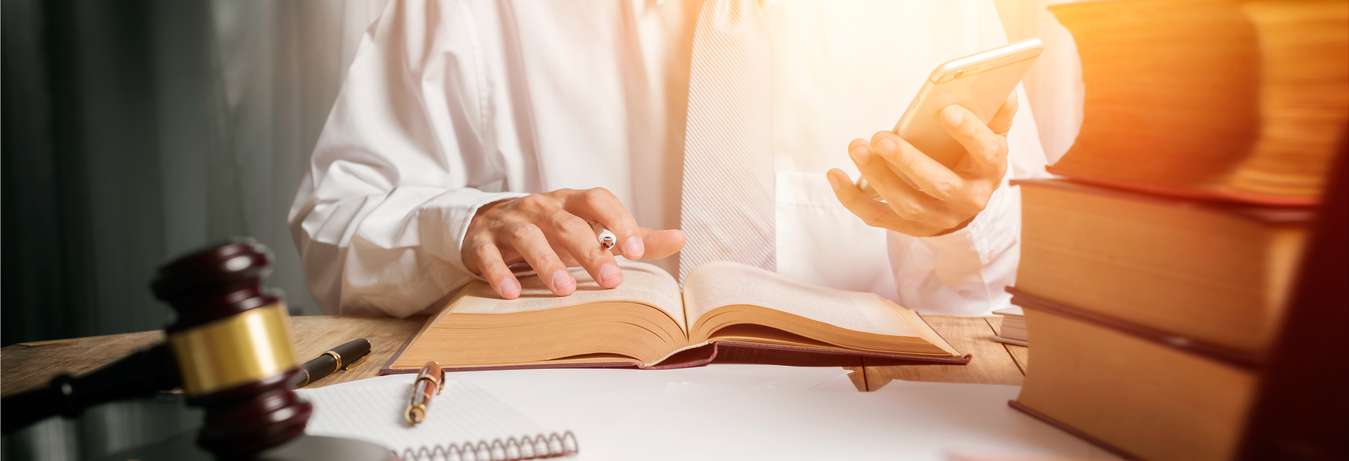
Vapor companies and consumers in Washington state are on edge this week as HB2144 heads to the House Committee for public hearings. HB2144 is a two-part proposal that seeks to redefine vapor products as “other tobacco products” and raise Washington state vape tax in accordance with tobacco taxes currently in place.
Defining Vapor Products
Based on the language of HB2144, one of the biggest changes it puts forward is to ensure vapor products are grouped with traditional tobacco products. If the bill passes, any product containing nicotine derived from tobacco plants would be classified as a tobacco product regardless of how it is used.
The proposal also addresses vapor devices by mentioning mechanical heating elements, batteries and electrical circuits as a means of consuming nicotine products. Thus, both e-liquids and vaporizers themselves would be subject to the increased tax, not just the nicotine-containing liquids.
Tax Increases
Under HB2144, it is possible that taxes could increase up to 95% of the wholesale price of the products. This is a tax that would be passed on to consumers directly, drastically increasing the price of their products. Legislators have argued that vapor companies should have been paying these taxes from the beginning, citing their own slowness to address the new technology as it became popular.
Their argument continues by stating the taxes will help them fund further tobacco education programs and research studies as well as efforts to keep nicotine out of the hands of minors. In addition, consumers will still have to pay sales tax on top of the proposed tobacco tax, adding another 9.5% to the bill.
Vapor retailers maintain the counterargument that such a huge increase in taxes could shut them down, as consumers are likely to turn to online retailers for the products they want. They contend that the taxes are unfair, because vapor products have little in common with cigarettes other than nicotine. Many e-liquids don't contain any nicotine at all, which raises the question of whether or not they should be subject to the tax. Some vapor advocates claim this is just another instance of legislators fundamentally misunderstanding the differences between the two types of products, and why it’s important for each product to be evaluated on its own merits.
What Comes Next
Public hearings are scheduled to begin on HB2144 on March 21, 2017, followed by an executive session in the House Committee of Finance on March 24.
Videos of the hearings and the executive sessions will be made available to the public on the Washington State Legislature website following each of the events. If the bill passes in the House, it will head to the state Senate for confirmation.



